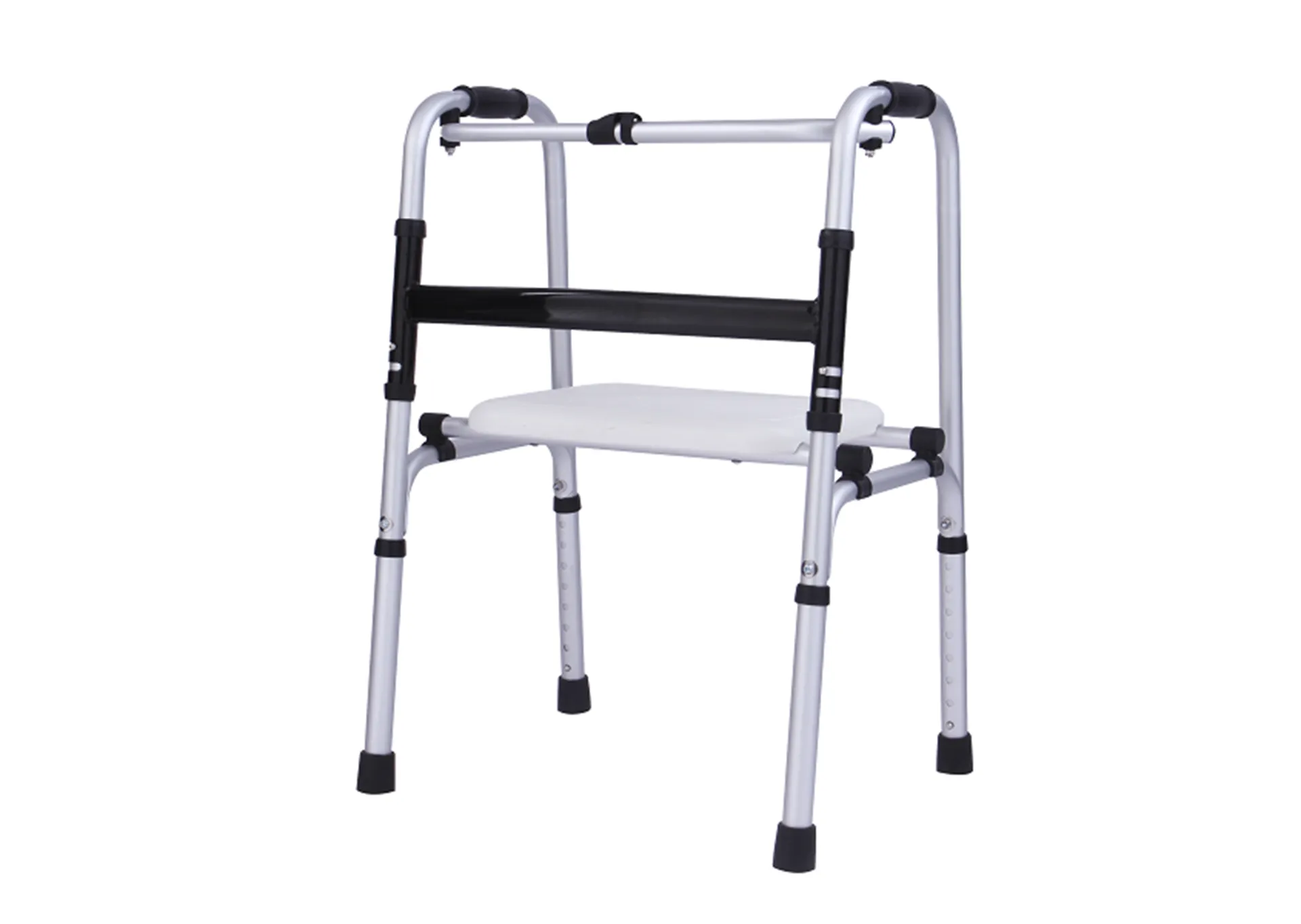Welcome to our websites!
Guidelines for Buying a Wheelchair That Fits Your Needs and Lifestyle
The Essential Guide to Purchasing a Wheelchair
When it comes to mobility, a wheelchair can significantly enhance the quality of life for individuals with limited mobility. Whether due to a medical condition, injury, or age-related issues, choosing the right wheelchair is crucial for comfort, independence, and accessibility. This guide will provide you with essential information on what to consider when purchasing a wheelchair.
Understanding Your Needs
Before making a purchase, it’s vital to assess your specific needs. Consider the following factors
1. Type of Mobility Limitation Are you using the wheelchair temporarily or long-term? Understanding your condition can help decide whether you need a basic or advanced model.
3. User's Physical Condition Assess the user’s physical strength and ability to maneuver the wheelchair. Some wheelchairs require more upper body strength to propel, while others may have electric options that offer powered mobility.
4. Comfort Comfort is paramount, especially if the wheelchair will be used for long periods. Look for features like adjustable seating, cushioning, and proper back support. A good fit prevents pressure sores and enhances overall comfort.
Types of Wheelchairs
There are various types of wheelchairs available, each serving different needs
- Manual Wheelchairs These require the user or a caregiver to propel them. They are lightweight, portable, and often more affordable. However, they can require significant upper body strength.
- Electric Wheelchairs Also known as power chairs, these are ideal for those who cannot propel a manual wheelchair due to physical limitations. They offer greater ease of use, particularly for outdoor activities, but are typically heavier and more expensive.
- Scooters These are best for individuals who can sit upright but need assistance with mobility. They are more stable than manual wheelchairs and come with a steering system for ease of navigation.
wheelchair purchase

- Specialized Wheelchairs These cater to specific needs such as sports, reclining, or standing wheelchairs. For example, a sports wheelchair is specifically designed for various sports, providing better performance and support.
Setting a Budget
Wheelchairs can range from a few hundred to several thousand dollars. It's imperative to set a budget that not only covers the initial purchase but also factors in accessories, maintenance, and potential upgrades. Health insurance may cover part of the costs, so it's worth consulting with your provider about coverage options.
Try Before You Buy
Whenever possible, test different models before making a decision. Many medical supply stores offer trial periods or rental options. It allows you to assess the wheelchair's comfort and functionality in real-life situations.
Accessory Considerations
Accessories can enhance the wheelchair experience. Consider features such as
- Cup Holders For convenience, especially during travel. - Storage Backpacks or pouches can help carry personal items. - Cushions Specialized cushions can provide added comfort and pressure relief.
Maintenance
After purchasing a wheelchair, regular maintenance is essential for safety and longevity. Ensure the wheels are properly inflated (if applicable), check for wear and tear, and keep moving parts well-lubricated. If you notice any issues, consult a professional for repairs.
Conclusion
Purchasing a wheelchair is a significant decision that impacts the life of the user considerably. By understanding your needs, exploring various options, and prioritizing comfort and accessibility, you can choose a wheelchair that enhances mobility and fosters independence. Remember that consultation with healthcare professionals can also provide insight tailored to specific medical conditions, ensuring a wise investment in mobility solutions. Ultimately, the right wheelchair can be a gateway to freedom and quality living.
-
Transforming Healthcare with Hospital FurnitureNewsJun.24,2025
-
Rehabilitation EquipmentNewsJun.24,2025
-
Mobility and Independence with WheelchairsNewsJun.24,2025
-
Freedom of Mobility with Our Rollator WalkersNewsJun.24,2025
-
Comfort and Independence with Commode ChairsNewsJun.24,2025
-
Bathing Safety and Independence with Shower ChairsNewsJun.24,2025
-
Navigating the Wholesale Landscape of Electric Mobility Solutions: Key Considerations for Power Wheelchair DealersNewsJun.10,2025











